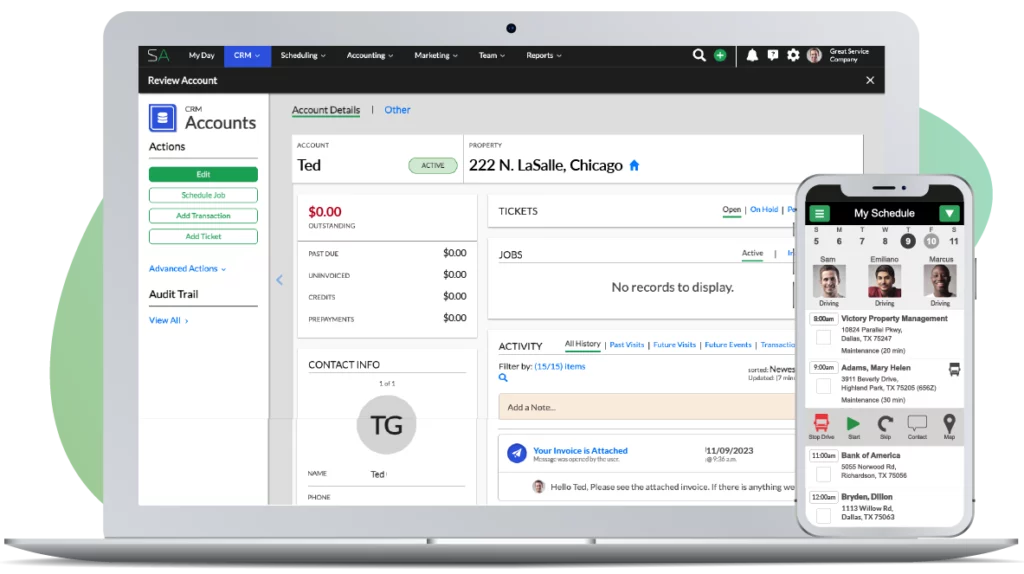Jonathan:
Tonight, a good friend of mine, Jason Cupp, was co-hosting one of our Service Auto Pilot Academy monthly training sessions, and he did a four-hour training session tonight on exactly what you want to be thinking about and working on to prepare for 2018. And like I said, it was about four hours, so there was tons of content, but there was one little point in the evening that he made that is not a question that I ever get asked, but I felt it was probably important to share with you because it’s not something people talk about or think about. So, let me lay out the scenario.
What it is, is it’s a scenario where you form an LLC or an S corp or a C corporation to protect your company. And I highly recommend that if you haven’t done that. And so, the concept is by having this entity, if there were to be something terrible that happened, or some major event happened and there was a lawsuit against you, against the company, that that entity would shield your personal assets, your home, your cars, your personal bank accounts, your 401(k), your personal investments. That type of thing.
But there’s also this concept called piercing the corporate veil, where the legal counsel looks for a way to say, “Hey, this legal entity that was set up doesn’t really operate like a legal entity. And therefore, it should be ignored. It should not be considered, it should not provide this individual or the individuals that own it the protection that they’re trying to gain from it.” And so, what they’re doing is they’re looking for a way to get around your corporation, LLC, S corp, whatever.
And this is the point I want to make. If you are making personal payments on a personal vehicle, if you’re paying your mortgage, if you’re buying groceries, if you’re buying personal items, if you’re buying any of those things out of your company, you’re writing checks, like personal checks or checks to your personal account that are not documented correctly in the form of distributions, a whole number of things. An example would be, you bought a car. It’s your car, and it’s in your personal name, but you have the company make the car payment, and that car’s not owned by the corporation, these are examples of where a legal counsel would try to prove that you’re running the business and very similar to your personal life, and the two are very tightly mingled. They’re not two very distinct things. Meaning that the entity is not just for business use, that it’s also funding your personal life and it’s intertwined with your personal finances. If they can prove that, then they can get around your LLC, your S corp, your C corporation.
That’s the point I want to make. You can do some additional research on this. You can do some additional Google searches and learn more about what I’m talking about, but here’s the point one more time. If you have an LLC and you feel like you’re protected, you might not be if you’re not following all of the rules and running that like a true business and you’re not documenting everything correctly in your minutes book, and if you’re not documenting everything correctly in your accounting system. If you’re not doing those things correctly, then you might as well not even have the LLC, is the point I’m trying to make. So, make sure you’re doing everything right. Do some additional research on it. That way you really have the protection that you think you have.
Thanks a lot.
Podcast: Play in new window | Download
Subscribe: RSS



